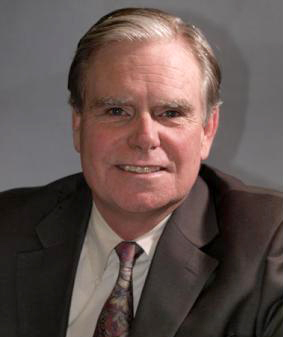Helping Clients And Seeking Justice
When legal problems arise,
it is important that you retain
an experienced and skilled lawyer
to help you resolve them.

Areas of Practice
Fields of Expertise
- Bankruptcy Attorney
- Chapter 7 Attorney
- Chapter 11 Attorney
- Chapter 12 Attorney
- Chapter 13 Attorney
- Consumer Attorney
- Debt Relief
Our Location
Visit Us Today
Chapter 13 Bankruptcy
In Brief
In Chapter 13, a debtor proposes a plan in which they outline a process for paying their creditors with their available income and at the end of the plan, they receive a discharge of the debt they did not pay, and are caught up on mortgage or car payments.
In Depth
Chapter 13 is entitled “Adjustment of Debts of an Individual with Regular Income.” This means that only individual (i.e. “natural”) persons may resort to Chapter 13. LLCs, corporations, legal partnerships, limited partnerships, etc. are not eligible. Sole proprietorships may avail themselves of Chapter 13, however, if they otherwise qualify. This is because all sole proprietorships are, by definition, individuals doing business.
This does not mean that if the Debtor has regular income then the Debtor must file Chapter 13, which is a much more laborious and expensive process than Chapter 7.
If the Debtor has income at a certain level, Chapter 13 may be mandated, and it involves a five (5) year payment plan. This occurs if the Debtor’s household income exceeds the “median family income,” as defined by Federal law, which results in a statutory presumption that the Debtor must be in such a repayment plan to the exclusion of any other bankruptcy relief (including Chapter 7), and the presumption cannot be rebutted by showing that the debtor’s reasonable expenses make such a plan futile or meaningless. This is called the “Means Test” and it involves a complicated formula to determine if the Debtor falls into that category.
Likewise, if a Debtor has income such that he or she could make a significant payment to creditors after taking into account all reasonable expenses needed for living, then Chapter 7 may not be a viable option either given what are called the “substantial abuse” provisions of Chapter 7.
In other instances, a Debtor may simply decide that Chapter 13 is preferable to Chapter 7 because they may be able to accomplish something in Chapter 13 that cannot be achieved by filing Chapter 7. Such reasons include keeping certain property that would otherwise be lost to the Debtor, catching up on a mortgage arrearage, discharging or stabilizing debt obligations that would not be discharged otherwise, or stripping off a wholly-unsecured second or third mortgage from real estate.
Chapter 13 involves the Debtor proposing a plan based upon the Debtor’s income. The Debtor deducts reasonable living expenses from that income and whatever is left over is referred to as “disposable income.” This “disposable income” is paid to the Chapter 13 trustee who receives a commission from the money he administers and then uses the rest to pay to creditors and others in accordance with however the plan directs. The Debtor proposes a plan, parties involved in the case, including the Chapter 13 trustee, may take a position on whether the plan should be confirmed, and the Court rules on whether the plan should or should not be confirmed.
If the Debtor is not paying all creditors everything they owe through the plan, then the plan must last for at least three (3) years. A Debtor may not have a plan that lasts longer than five (5) years. Once all the payments are made under the plan, the Debtor receives a discharge of most unsecured debt that was not paid during the plan. As a result of the plan and the payments made, unsecured creditors may have received everything they are owed, half of what they are owed, or as little as 1% or less of what they are owed, but whatever they get is all they get and the rest is subject to discharge.
A Chapter 13 filing, like all bankruptcies, initiates the “automatic stay” which prevents creditors from taking any action to collect a debt from you without adhering to strict federal parameters.
A Chapter 13 Debtor must also attend the “First Meeting of Creditors” as part of the process. The discharge in bankruptcy is granted after successful completion of the plan. Sometimes the process, as part of the plan, may involve surrendering property to the trustee for the benefit of the bankruptcy “estate.”
Essentially, it might be said that the “fresh start” in a Chapter 13 comes at the end of the plan when the discharge is granted and the payments required under the plan have ended.







